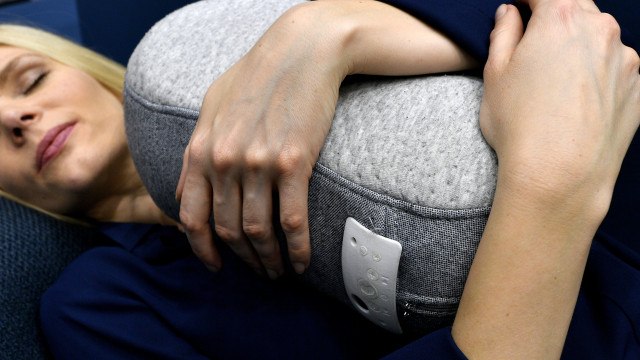You are more likely to succeed in any endeavor if you focus on getting better quality sleep. A well-rounded rest boosts mood and improves energy, thus giving you a jump-start on achieving your dreams and goals.
Getting the best sleep means sleeping continuously through the four stages of sleep four to six times each night. Since each cycle is approximately 90 minutes long, most people need seven to eight hours to reach this goal.
The good news is that you can easily train your brain to enjoy restorative sleep. Here are five science-based ways to get high-quality sleep:
Create a sleep schedule and stick to it
Establish a set wake-up time, even on weekends, vacations or after a night of poor sleep, experts say. If your bedtime and wake-up times change from day to day or on the weekends, your sleep rhythm is not predictable and the body doesn't know how to respond, clinical psychologist and sleep expert Michael Grandner told CNN.
Avoid certain foods and drinks
Don't turn to alcohol to calm your nerves or help you sleep. Alcohol can "help" you by trapping you in the lighter stages of sleep. Your body needs to go through all three stages of sleep – light sleep, REM or deep sleep, and deep sleep – to fully recover.
Staying away from caffeine after lunch and avoiding heavy or spicy foods that can cause heartburn or other digestive problems can also help.
Practice good sleep hygiene
There are many more ways to train your brain to fall asleep and stay asleep. Good habits include eliminating blue light and noise, taking a warm bath or doing yoga for relaxation, and keeping the bedroom cool and free of electronic devices.
Science tells us that we rest better at cooler temperatures of around 15 to 20°C.
Make the bedroom sacred
Last but certainly not least, save your bed for sleep and sex. As normal as it may seem to sometimes work from bed or play games with the kids in bed, it doesn't teach your brain to view the bedroom as a place to sleep.
The holy grail of sleep tips
There's another tip that Grandner swears by: "The best sleep advice you can give someone is to get up—don't lie in bed awake if you're not feeling sleepy."
“Whether it's the beginning of the night or the middle of the night, if you've been awake for 20 or 30 minutes, get up and reboot your body. Maybe you only need five minutes to fall asleep, or maybe an hour, but don't spend that time awake in bed," he added. /BGNES
Five tips for a better sleep







